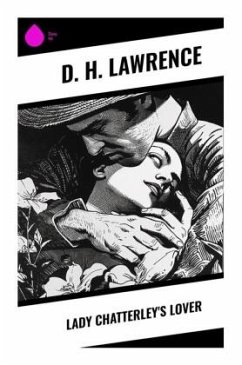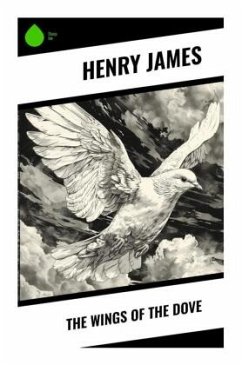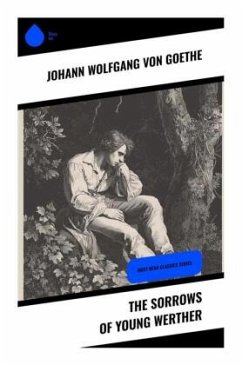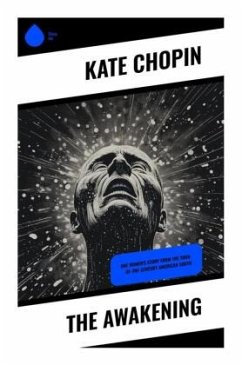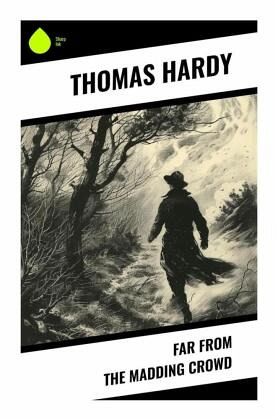
Far from the Madding Crowd
Versandkostenfrei!
Versandfertig in 6-10 Tagen
14,70 €
inkl. MwSt.

PAYBACK Punkte
0 °P sammeln!
In "Far from the Madding Crowd," Thomas Hardy presents a nuanced exploration of rural life in 19th-century England through the lens of Bathsheba Everdene, a determined and independent woman navigating the complexities of love and societal expectations. Hardy's distinctive literary style weaves rich descriptive landscapes with deep psychological insights, encapsulating themes of nature, fate, and the inexorable pull of human emotion. The novel's title, drawn from a passage by Thomas Gray, underscores Hardy's critique of the tumultuous urban life of his time, contrasting it with the pastoral ide...
In "Far from the Madding Crowd," Thomas Hardy presents a nuanced exploration of rural life in 19th-century England through the lens of Bathsheba Everdene, a determined and independent woman navigating the complexities of love and societal expectations. Hardy's distinctive literary style weaves rich descriptive landscapes with deep psychological insights, encapsulating themes of nature, fate, and the inexorable pull of human emotion. The novel's title, drawn from a passage by Thomas Gray, underscores Hardy's critique of the tumultuous urban life of his time, contrasting it with the pastoral idealism of country living, yet revealing the latent struggles within that serenity. Thomas Hardy, born in 1840 into a family of modest means in Dorset, England, was profoundly influenced by the rural backdrop of his youth and the societal changes of the Victorian era. His background as an architect and his early experiences in the countryside informed his portrayal of agrarian society, imbibing his narrative with a sense of authenticity and depth. Hardy's own tumultuous relationships and fascination with fate further shaped his characters and their fates, embodying the conflicts between ambition and social inertia. "Far from the Madding Crowd" is not only a testament to Hardy's literary genius but also an enduring exploration of love and resilience. This novel invites readers to immerse themselves in its richly drawn world, encouraging reflection on the quiet struggles of its characters and the intricate web of rural life. It remains an essential read for those seeking to understand the human condition within the broader context of societal change.





